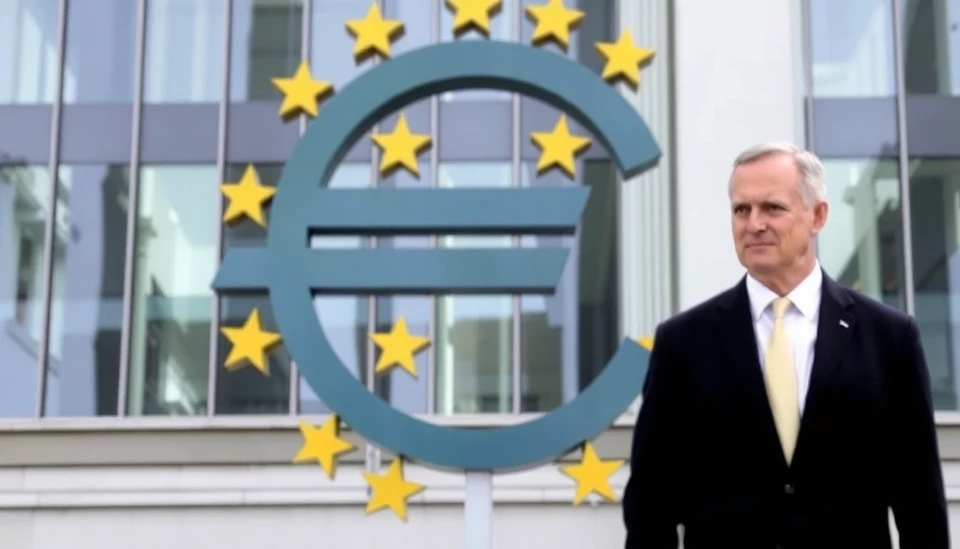
The European Central Bank (ECB) is facing mounting pressure to implement additional monetary easing strategies as recent discussions among its officials reveal a consensus on the need for further intervention, should the economic conditions continue to align with existing projections. The dialogues, which were held in January 2025, indicated that many ECB policymakers are keenly monitoring fiscal developments and their implications for inflation and growth within the Eurozone.
Current assessments suggest that if the prevailing economic indicators do not show significant improvement, the ECB stands ready to recalibrate its approach. This openness to increased easing reflects a growing concern over the Eurozone's economic stability, particularly in the wake of ongoing geopolitical tensions and lingering inflationary pressures.
During the most recent policy meeting, various officials expressed their belief that a more accommodative stance could be beneficial for stimulating growth and revitalizing inflation rates, which have consistently fallen below the ECB's target of 2%. ECB President Christine Lagarde, during her remarks, emphasized the central bank's commitment to pursuing a flexible approach to monetary policy, underscoring the necessity of adapting to the economic landscape as it evolves.
Officials highlighted several indicators that warrant attention, including sluggish growth forecasts and persistent weak demand in several member countries. The discussions also touched upon the importance of coordinated fiscal actions by member states to complement monetary policy measures, thereby amplifying the overall impact of the ECB's interventions.
Market analysts have responded to these insights with increased speculation surrounding the possible implementation of additional stimulus measures. Many believe that a reduction in interest rates or the extension of asset purchase programs could be on the horizon if economic conditions do not improve substantially in the near term.
As Europe navigates through a complex economic landscape, the ECB's next moves will play a crucial role in shaping the future of its monetary policy. The central bank's ability to strike a balance between promoting growth while combating inflation will remain a key focal point in the months ahead as officials prepare for potential adjustments to their strategy.
In summary, ECB officials are positioning themselves for possible further easing if the current economic baseline holds, underscoring a proactive approach to addressing the challenges facing the Eurozone. The emphasis on flexibility and responsiveness in monetary policy reflects a heightened awareness of the economic realities that could necessitate decisive action soon.
<>#> #ECB #EconomicGrowth #MonetaryPolicy #Inflation #Eurozone #InterestRates #FiscalPolicy #ChristineLagarde #<
Author: Daniel Foster




